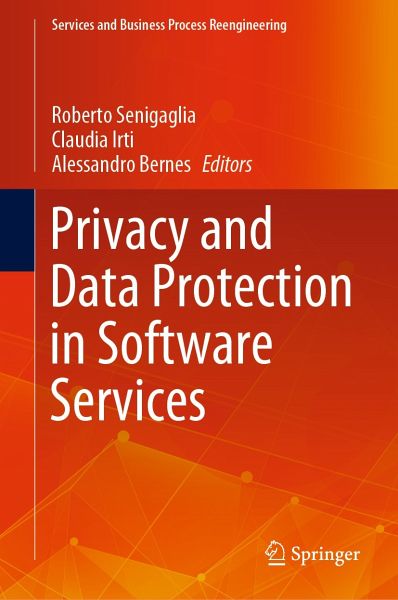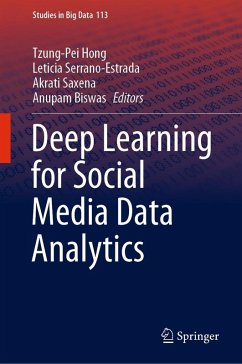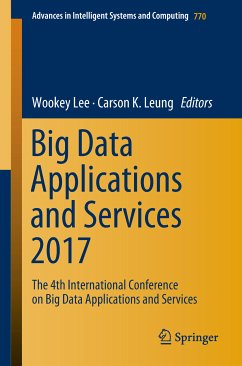
Privacy and Data Protection in Software Services (eBook, PDF)
Versandkostenfrei!
Sofort per Download lieferbar
128,95 €
inkl. MwSt.
Weitere Ausgaben:

PAYBACK Punkte
64 °P sammeln!
The aim of the book is to create a bridge between two 'lands' that are usually kept separate: technical tools and legal rules should be bound together for moulding a special 'toolbox' to solve present and future issues. The volume is intended to contribute to this 'toolbox' in the area of software services, while addressing how to make legal studies work closely with engineers' and computer scientists' fields of expertise, who are increasingly involved in tangled choices on daily programming and software development. In this respect, law has not lost its importance and its own categories in th...
The aim of the book is to create a bridge between two 'lands' that are usually kept separate: technical tools and legal rules should be bound together for moulding a special 'toolbox' to solve present and future issues. The volume is intended to contribute to this 'toolbox' in the area of software services, while addressing how to make legal studies work closely with engineers' and computer scientists' fields of expertise, who are increasingly involved in tangled choices on daily programming and software development. In this respect, law has not lost its importance and its own categories in the digital world, but as well as any social science needs to experience a new realistic approach amid technological development and individuals' fundamental rights and freedoms.
Dieser Download kann aus rechtlichen Gründen nur mit Rechnungsadresse in A, B, BG, CY, CZ, D, DK, EW, E, FIN, F, GR, HR, H, IRL, I, LT, L, LR, M, NL, PL, P, R, S, SLO, SK ausgeliefert werden.












